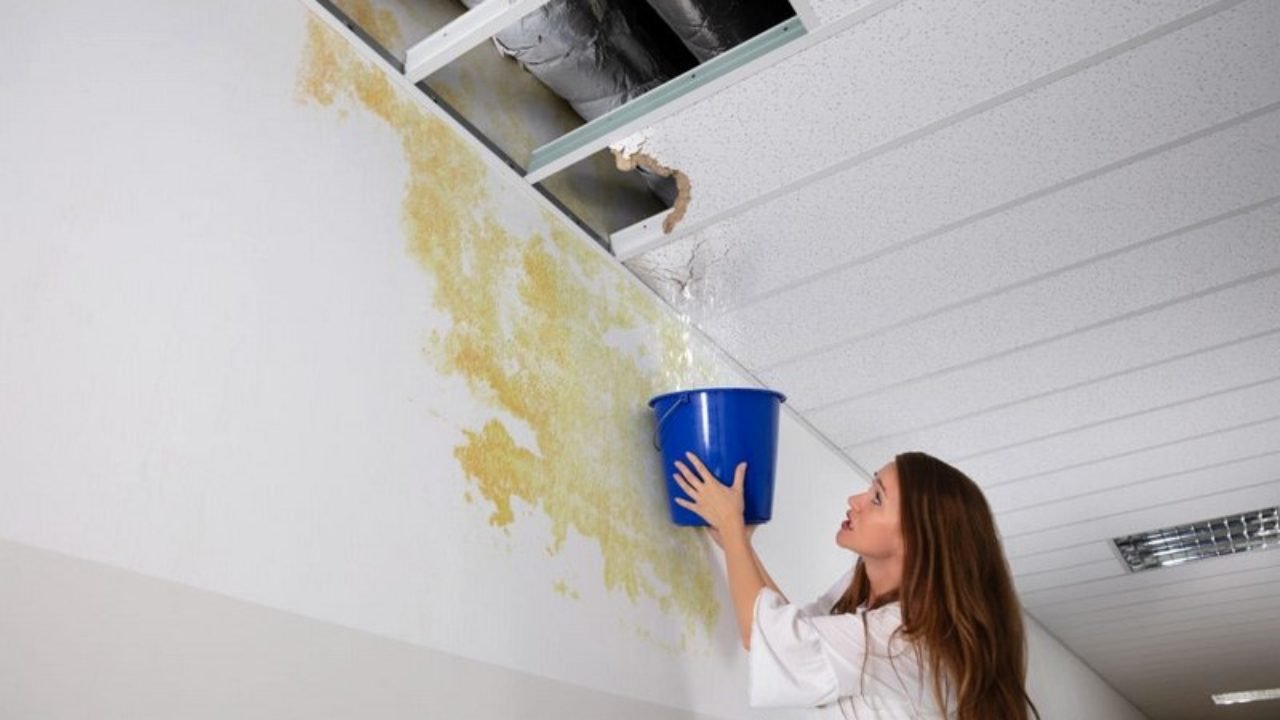Your Residential Most Typical Leak Triggers: Analysis
Your Residential Most Typical Leak Triggers: Analysis
Blog Article
We have come across the article pertaining to How to detect water leaks in your home down the page on the net and think it made sense to write about it with you on this page.

Leakages not only trigger waste of water however can likewise trigger unnecessary damages to your house and also promote unwanted organic growth. By comprehending and looking for everyday circumstances that cause leaks, you can protect your house from future leaks as well as unnecessary damages.
Trespassing roots
Most water leaks begin outside your house rather than inside it. If you discover an abrupt decline in water stress, state in your tap, require time to head out and analyze your backyard. You could observe damp patches or sinkholes in your lawn, which may imply that tree roots are invading water lines triggering water to leak out. You can have your plumber check for breach, particularly if you have trees or hedges near your property.
Rusty water systems
As time goes by, your plumbing system ages as well as corrosion such as rust may begin eating away the pipelines. This might be the root cause of discoloration or warping on your pipes. This asks for an evaluation with your plumber right away. If our plumbing system is old, think about changing the pipelines considering that they are at a higher risk of corrosion than the more recent models.
Malfunctioning Pipe Joints
The point at which your pipelines attach is regularly the weakest web link in the waterline. Pipe joints can weaken over time, causing water leakages. The bulk of pipeline joints are not easily noticeable. If you have noisy pipes that make ticking or banging noises, especially when the warm water is turned on, your pipe joints are probably under a lot of pressure. It is a good idea to have your plumber evaluate your system once a year.
Instantaneous temperature level adjustments.
Severe temperature adjustments in our pipelines can create them to broaden and also contract all of a sudden. This development as well as tightening might create cracks in the pipelines, specifically if the temperature level are below freezing.
Poor Water Connectors
At times, a leak can be triggered by loosened tubes as well as pipes that supply your devices. In instance of a water connections leakage, you might discover water running straight from the supply line or puddles around your home appliances.
Obstructed Drains
Clogged drains pipes might be irritating and also inconveniencing, but they can occasionally wind up triggering an overflow leading to rupture pipelines. Maintain eliminating any kind of materials that may decrease your drains that can block them to avoid such troubles.
All the above are sources of leaks but not all water leaks result from plumbing leaks; some leaks might originate from roofing leaks. All leakages need to be repaired quickly to avoid water damages.
Leaks not only create waste of water yet can likewise cause unnecessary damage to your house as well as advertise unwanted natural development. By recognizing as well as looking for daily circumstances that cause leakages, you can safeguard your house from future leaks as well as unneeded damage. Today, we will look at six leakage triggers that may be causing your pipes to leak.
At times, a leakage can be triggered by loosened hose pipes as well as pipes that provide your home appliances. In case of a water links leak, you may see water running straight from the supply line or pools around your home appliances.
How To Check For Water Leak In Your Home
How To Check for Leaks
The average household's leaks can account for nearly 10,000 gallons of water wasted every year and ten percent of homes have leaks that waste 90 gallons or more per day. Common types of leaks found in the home are worn toilet flappers, dripping faucets, and other leaking valves. These types of leaks are often easy to fix, requiring only a few tools and hardware that can pay for themselves in water savings. Fixing easily corrected household water leaks can save homeowners about 10 percent on their water bills.
To check for leaks in your home, you first need to determine whether you're wasting water and then identify the source of the leak. Here are some tips for finding leaks:
Take a look at your water usage during a colder month, such as January or February. If a family of four exceeds 12,000 gallons per month, there are serious leaks.
Check your water meter before and after a two-hour period when no water is being used. If the meter changes at all, you probably have a leak.
Identify toilet leaks by placing a drop of food coloring in the toilet tank. If any color shows up in the bowl after 10 minutes, you have a leak. (Be sure to flush immediately after the experiment to avoid staining the tank.)
Examine faucet gaskets and pipe fittings for any water on the outside of the pipe to check for surface leaks.
Undetected water leaks can happen without the home or business owner even realizing. If you suspect a water leak, but not able to find the source. It is time to contact a professional water leak detection service, The Leak Doctor.
How To Find a Water Leak In Your Home
https://www.leakdoctor.com/blog/How-To-Check-For-Water-Leak-In-Your-Home_AE197.html
I am very occupied with How to Find Water Leaks and I really hope you liked the page. Sharing is nice. You won't know, you will be doing someone a favor. Thanks a lot for your time invested reading it.
Urgent plumbing? Call. Report this page